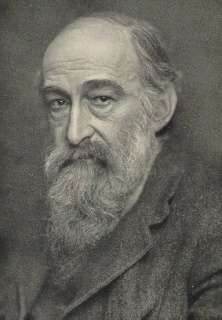A Quote by Joseph Beuys
I think the tree is an element of regeneration which in itself is a concept of time.
Quote Topics
Related Quotes
We never see a tree except through the image that we have of it, the concept of that tree; but the concept, the knowledge, the experience, is entirely different from the actual tree. Look at a tree and you will find how extraordinarily difficult it is to see it completely, so that no image, no screen, comes between the seeing and the actual fact. By completely I mean with the totality of your mind and heart, not a fragment of it.
The body is a sensing instrument of consciousness. Without the body and mind,
the trees could not see themselves. Usually we think that we are looking at a tree, but the tree is looking at itself through us. Without this instrument, the tree does not get to see itself. We are sensing instruments of the Divine.
But it can also happen, if will and grace are joined, that as I contemplate the tree I am drawn into a relation, and the tree ceases to be an It. . . . Does the tree then have consciousness, similar to our own? I have no experience of that. But thinking that you have brought this off in your own case, must you again divide the indivisible? What I encounter is neither the soul of a tree nor a dryad, but the tree itself.
Do you know that even when you look at a tree and say, `That is an oak tree', or `that is a banyan tree', the naming of the tree, which is botanical knowledge, has so conditioned your mind that the word comes between you and actually seeing the tree? To come in contact with the tree you have to put your hand on it and the word will not help you to touch it.
Since time itself is not movement, it must somehow have to do with movement.Time is initially encountered in those entities which are changeable, change is in time. How is time exhibited in this way of encountering it, namely, as that within which things change? Does it here give itself as itself in what it is? Can an axplacation of time starts here guarantee that time will thereby provide as it were the fundamental phenomena that determine it in its own being?
For us, mind has nature for its premise, being nature's truth and for that reason its absolute prius. In this truth nature has vanished, and mind has resulted as the idea arrived at being-for-itself, the object of which, as well as the subject, is the concept. This identity is absolute negativity, for whereas in nature the concept has its perfect external objectivity, this its alienation has been superseded, and in this alienation the concept has become identical with itself. But it is this identity therefore, only in being a return out of nature.





































